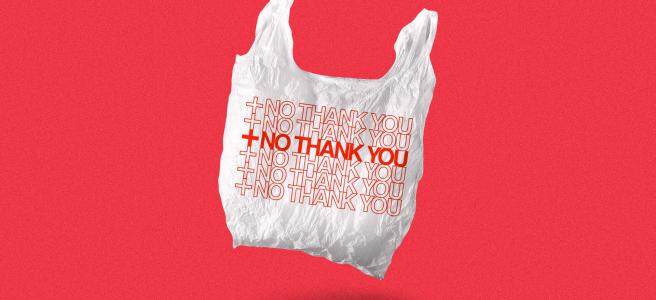
Caitlin Owens | 12/3/19
1 big thing: People hate shopping for health insurance
Americans rarely switch to new health plans when the annual insurance-shopping season comes around, even if they could have gotten a better deal, Axios' Bob Herman reports.
The bottom line: People loathe shopping for health plans, and many are bad at it, for one major reason: "It's just too hard," Tricia Neuman, a Medicare expert at the Kaiser Family Foundation, told Bob last year.
Reality check: During any insurance program's annual enrollment period, most people end up staying with the status quo, if it's an option, instead of picking a new plan.
- Fewer than one out of 10 seniors voluntarily switch from one private Medicare Advantage plan to another, according to new research from the Kaiser Family Foundation.
- The same holds true for Medicare's private prescription drug plans.
- Most employers don't usually change insurance carriers, often out of fear of angering workers, and keep plan options limited.
- Employees, after several reminders from HR, usually default to what they had.
- Fewer than half of people in the Affordable Care Act's marketplaces actively re-enroll in new plans, even though the market was designed for comparison shopping.
- Medicaid enrollees in some states have no say in the private plans they get.
Between the lines: Buying health insurance — a $20,000 decision for the average family — is more complicated than buying furniture.
- With consumer products, you pretty much know what you're getting. With health insurance, you're making an educated guess of how much health care you'll use, hoping you'll need none of it.
- Health insurance terms and policies also are confusing, which turns people off from the shopping process.
The big picture: Shopping for insurance is difficult enough for most people. Shopping for actual doctors, tests and services is even more difficult and less widespread, and likely won't change if prices are unlocked.
2. Trump may ease drug protections in trade deal
The Trump administration may loosen intellectual property protections for some prescription drugs in order to win Democratic support for its new trade deal with Mexico and Canada, the Wall Street Journal reports.
The big picture: The protections are a big win for U.S. drug companies, as they would extend the length of time that biologics can reap the benefits of monopoly pricing in those two other countries.
Details: The original version of the new trade pact gave biologics 10 years of market exclusivity, but Democrats want this time period to be reduced.
- Right now, biologics have 12 years of market exclusivity in the U.S. They have only eight in Canada and five in Mexico, per The Globe and Mail.
- Generic drugmakers argue that 10 years may be too long once manufacturing biosimilars becomes more efficient.
3. Pharmacies sue drugmakers
Walgreens and three other pharmacy chains are suing drugmaker Bausch Health, its subsidiaries and a separate generic drugmaker for allegedly colluding on a deal that allowed the brand-name companies to maintain a longer monopoly of the diabetes drug Glumetza, Bob writes.
- This resulted in those companies jacking up the price of the drug from $350 to more than $3,000 for a 30-day supply.
Why it matters: When combined with similar lawsuits from employer groups, the suing parties are looking to recoup more than $10 billion in overcharges from this antitrust case — another in a long line of infamous "pay-for-delay" deals over generic drugs.
- Bausch has said it intends "to vigorously defend these matters."
Go deeper: Read the lawsuit.
4. Life insurers could start asking about vaping

Illustration: Sarah Grillo/Axios
People who vape could be subject to higher life insurance rates or find themselves excluded from coverage, as global reinsurers push warnings on the potential risks of vaping, Reuters reports.
Yes, but: Proponents of vaping as a smoking cessation tool say insurers and reinsurers are being too harsh, Axios' Marisa Fernandez writes. Smoking still kills more people than vaping each year.
Where it stands: People who vape or smoke cigarettes have paid close to double the premiums of non-smokers or non-vapers.
- The Centers for Disease Control and Prevention found an additive in THC vapes that could be at fault for some lung injuries and deaths among the thousands who were sick this past year.
Go deeper: Vaping and vitamin E acetate: What we know
Read more: https://www.axios.com/newsletters/axios-vitals-02263384-8aa6-44eb-b170-b01d408fc1c7.html

